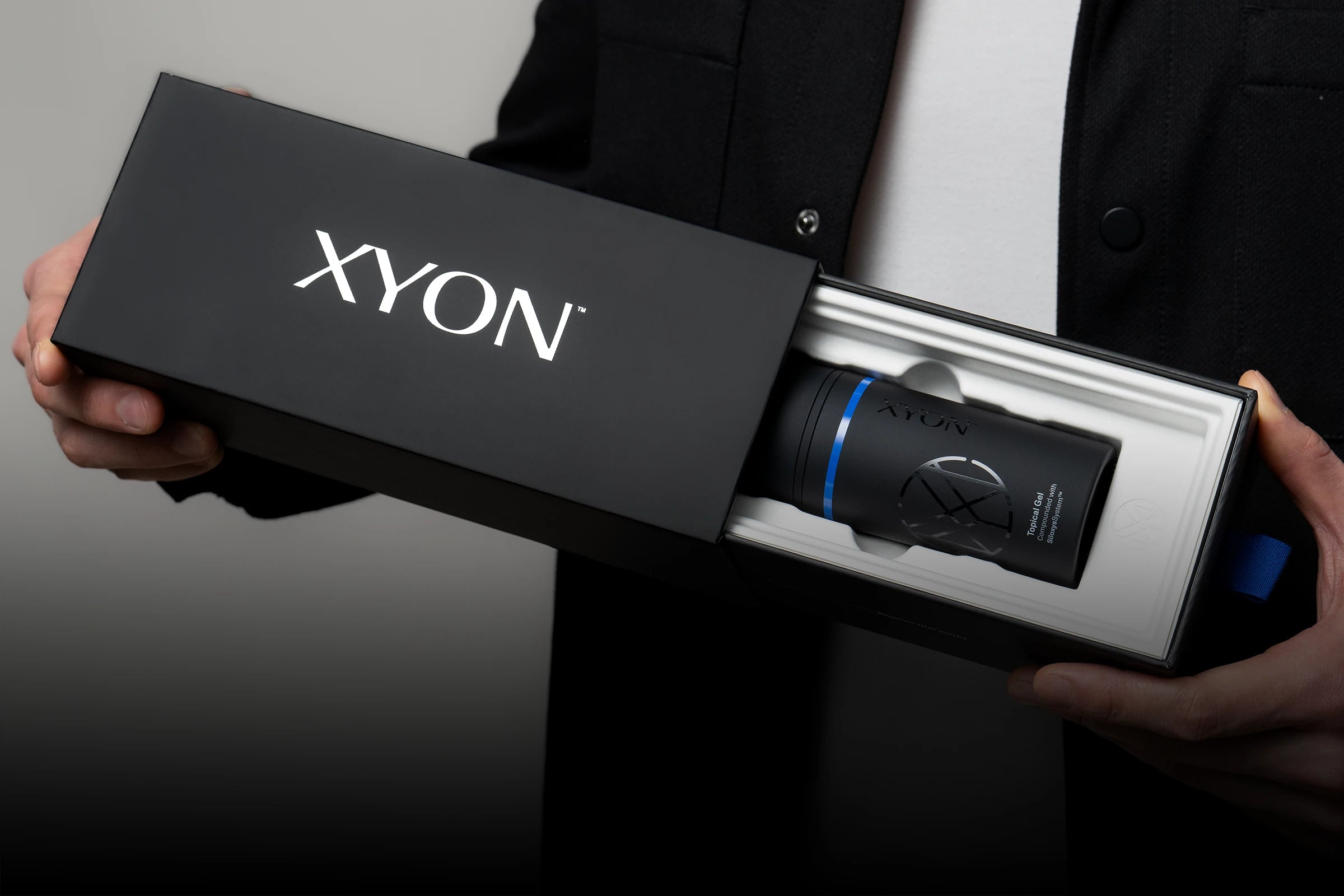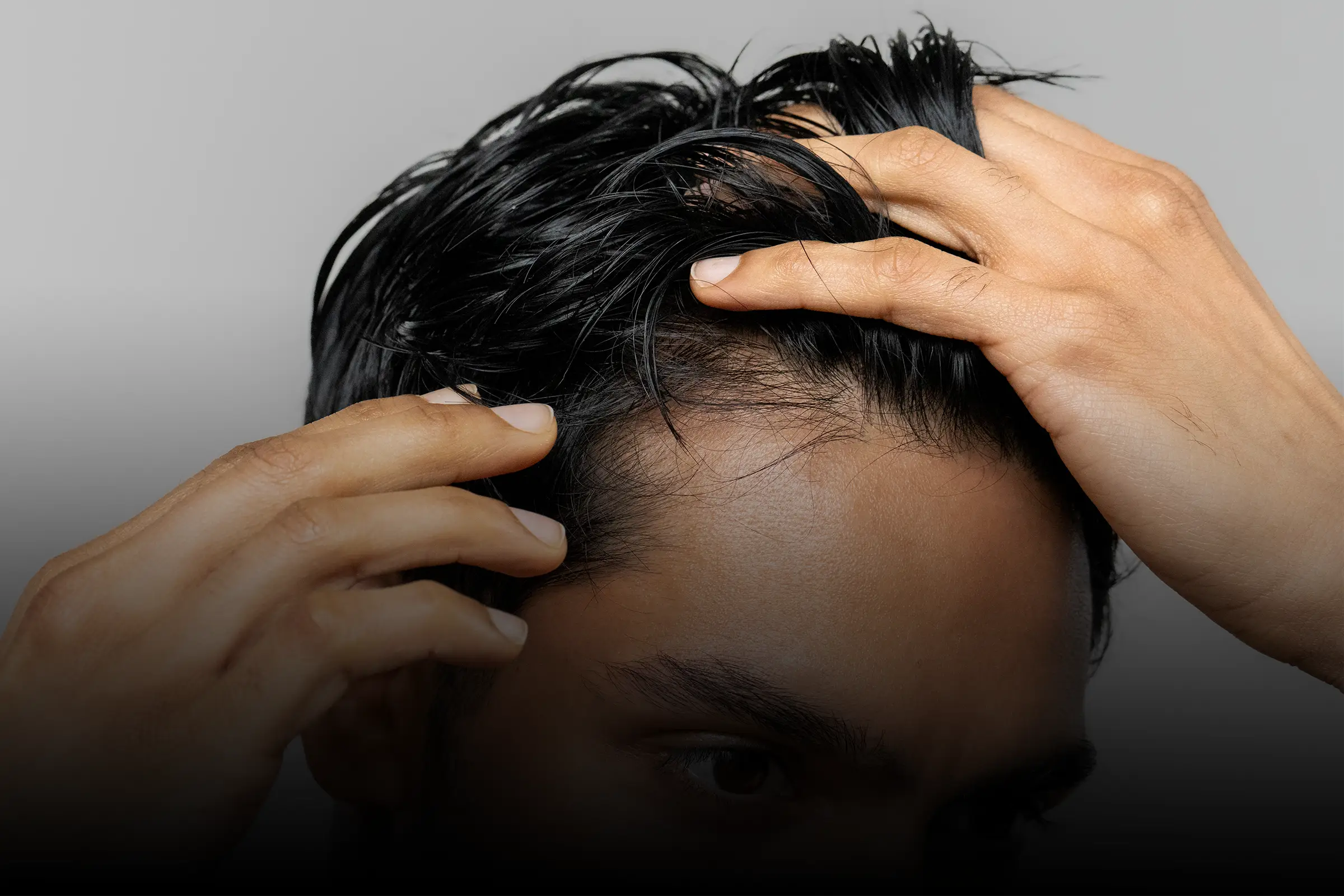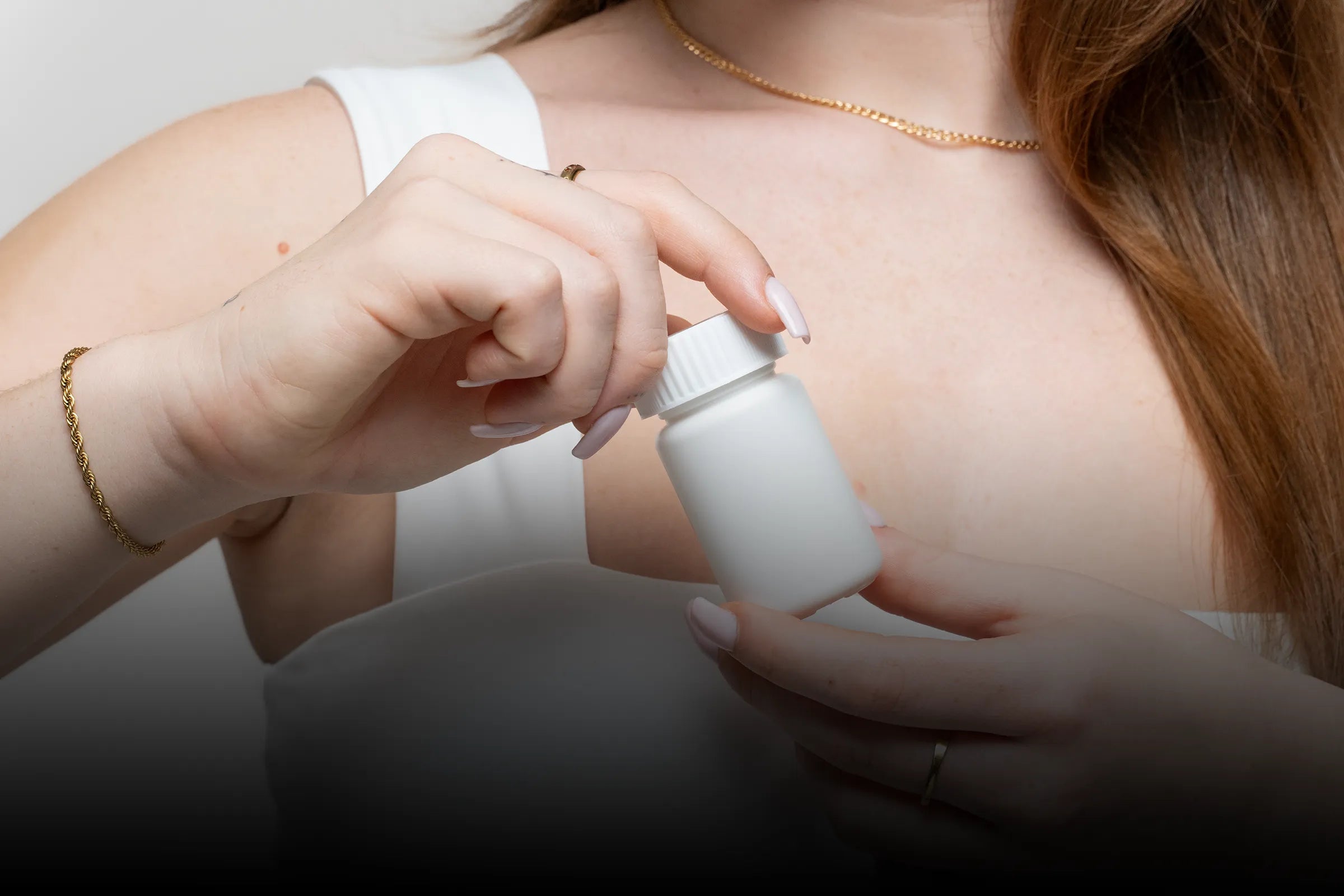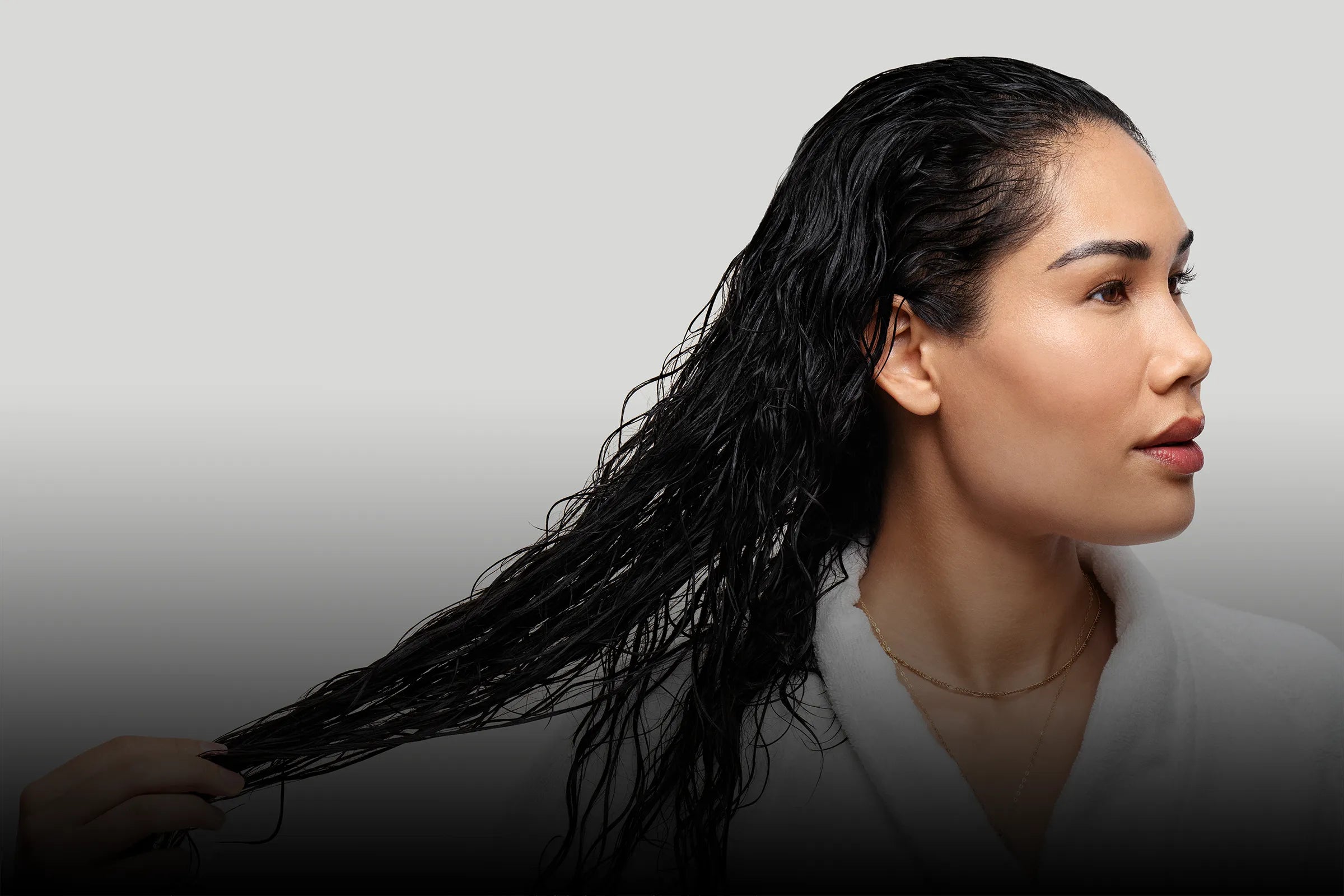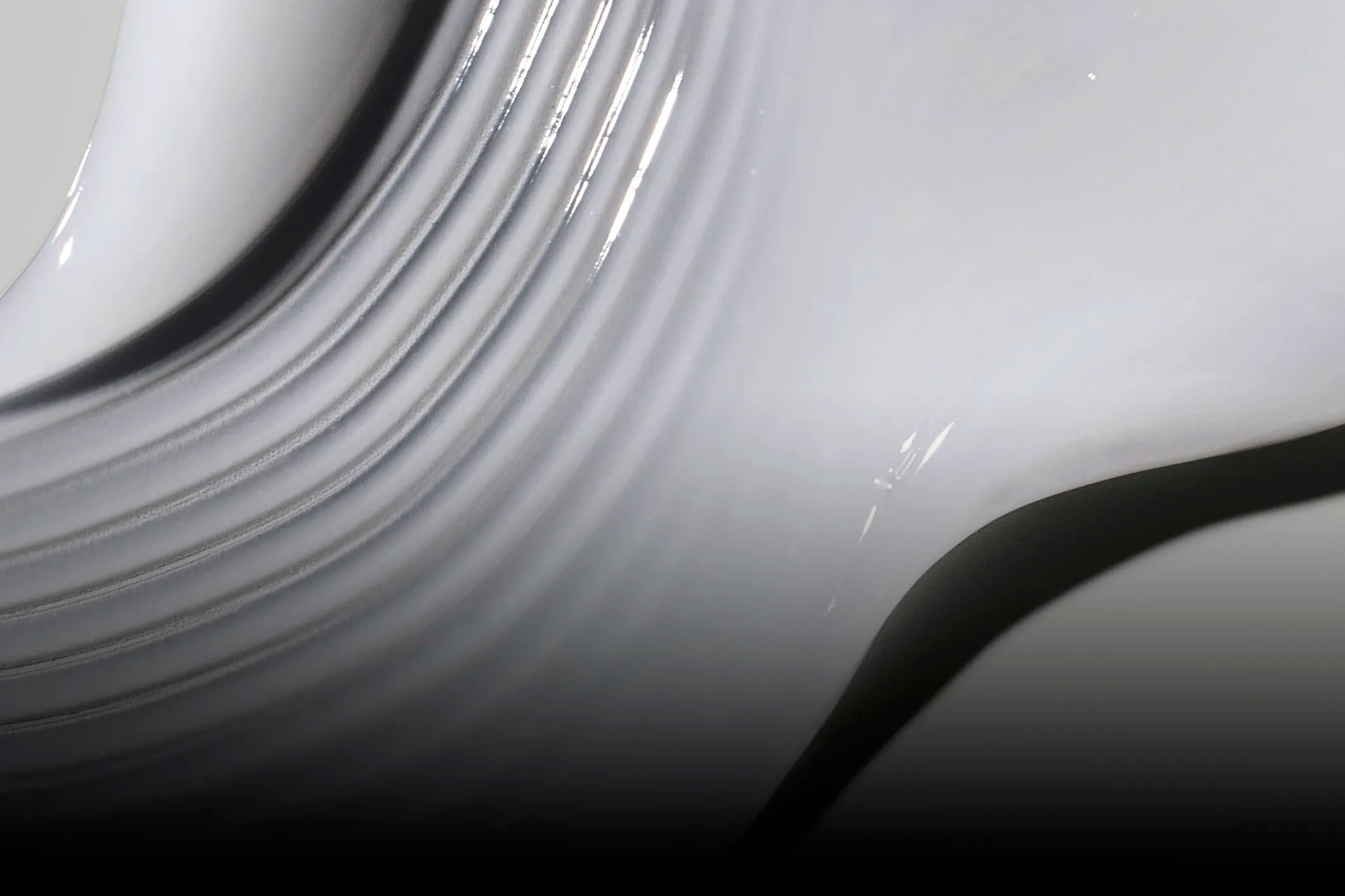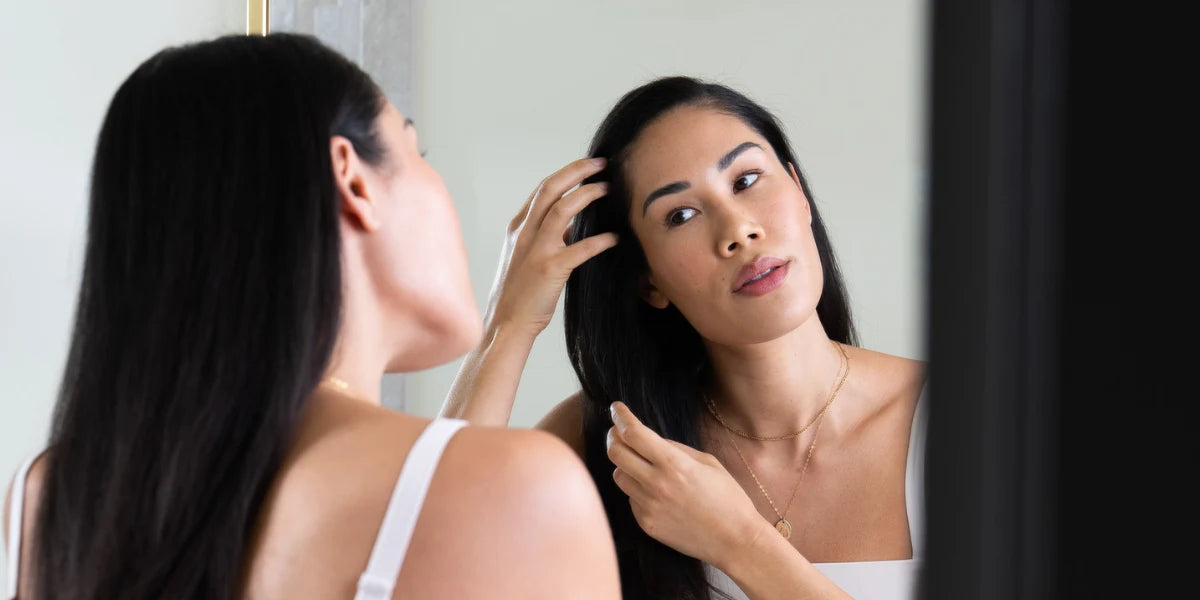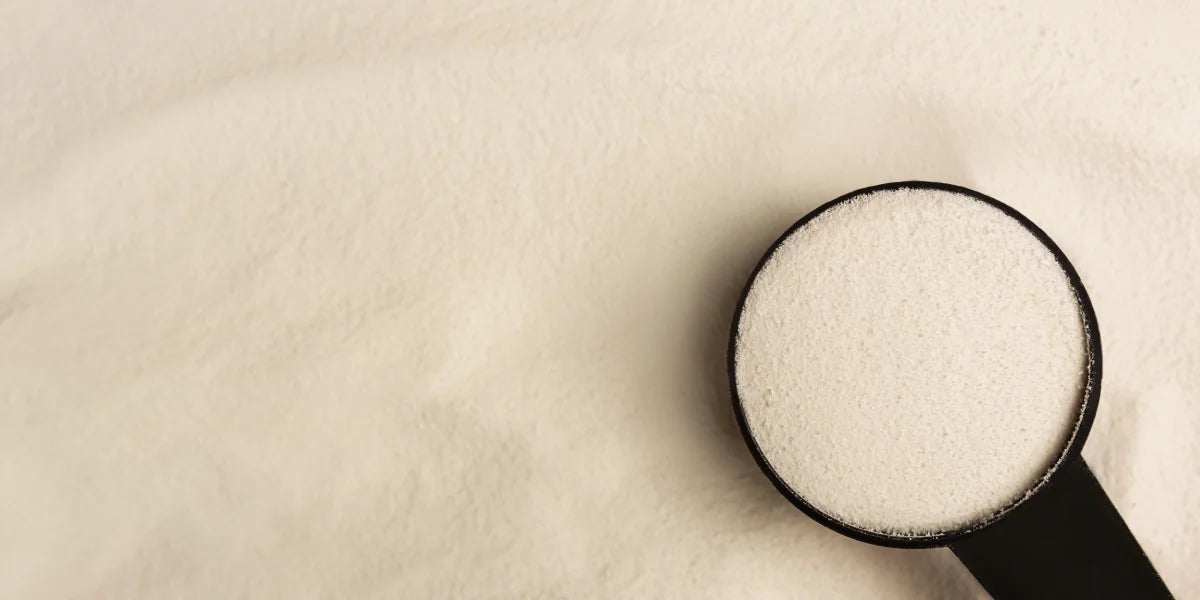For many women, menopause is a significant life event. It involves biological changes that mark the end of the reproductive years, but also carries its own emotional and psychological weight. One of the changes that occurs within the body is hair loss. In this article, we want to shed light on what causes hair loss during menopause, the relationship between hormone levels and the hair growth cycle and how menopause hair loss can be treated.
It’s important to understand that not every woman will experience hair loss during menopause. However, if changes to your hair and skin are a concern during this stage in your life, take comfort in knowing that you’re not alone. In many cases, support and treatment options are available and XYON is committed to supporting women like you, in any way we can.
Is hair loss a symptom of menopause?
It can be. The symptoms of menopause vary from woman to woman, but typical signs are vasomotor symptoms such as hot flashes or night sweats. These are associated with changes in blood vessel function, which is partly mediated by fluctuating hormone levels such as estrogen and progesterone during menopause.
Before menopause, most of the body’s estrogen is produced by the ovaries. During perimenopause and menopause, estrogen production in the ovaries decreases and this can result in a new balance of female sex steroid hormones like estrogen and progesterone, to male sex steroid hormones like testosterone and dihydrotestosterone.
In most cases, perimenopausal and menopausal women aren’t producing more androgens during this stage of life. What’s really happening is a change in the relative concentrations of these hormones. This increase in androgen levels relative to estrogen contributes to the development of female pattern hair loss, the main cause of hair loss associated with menopause. This is especially relevant in women who have a genetic susceptibility for female pattern baldness.
Some women experience hyperandrogenism, a condition where the body produces more androgen hormones than normal. This hormonal disorder has been implicated in female pattern hair loss. However, these cases are not representative of most menopause hair loss patients.
Early menopause and hair loss
It’s possible that some women will experience early menopause, which is defined as menopause that occurs before the age of 40. Early menopause can be associated with hair loss. However, the genetic causes of early menopause are different to those responsible for pattern hair loss. The hormone changes during early menopause can accelerate pattern hair loss, especially if a patient has a higher sensitivity to the effects of androgens. If premature hair loss is something you are struggling with, consider raising this with your healthcare provider. Proactive treatment is key to increasing the likelihood of treatment success and slowing down the progression of hair loss.
What does hormonal hair loss look like?
Changes in estrogen levels during menopause are gradual and it can take some time before evidence of hair loss becomes visible. A few early signs to be on the lookout for are subtle but diffuse thinning and changes in hair texture (e.g., increased dryness) or pigmentation.
As hair growth cycle dynamics shift in the absence of the regulating effects of estrogen, hair follicles may reach a point where they are no longer able to produce hair. At this point, bald spots or bald regions on the scalp may become noticeable, especially when hair is parted down the middle. For some women, thinning is the most obvious along the hair line.
If you’re noticing these changes in hair density, it’s not too late. Once hair loss is visible, we highly encourage women to connect with a doctor, or other healthcare professional for diagnosis and treatment planning. Timely treatment is needed to try to help restore the viability of and prevent further damage to hair follicles.
Estrogen effects on hair growth
A correlation has been found between decreased estrogen levels during menopause and a higher incidence of female pattern hair loss. Hair follicles contain high numbers of estrogen receptors, which are regions on cells that serve as attachment points for hormones.
Once attached, estrogen has been noted to prolong the active growth phase of the hair growth cycle and shorten the telogen (rest phase) (Kamp et al., 2022). These effects can be dramatic during major life events such as pregnancy (when estrogen levels are high and sustained and result in improved growth) and in the days and months following delivery (when estrogen levels rapidly drop and lead to abrupt shedding).
Many women report thicker and more accelerated hair growth while pregnant, only to experience more shedding than normal during the postpartum period. However, unlike menopause hair loss, postpartum hair loss is temporary and usually resolves once hormone levels are given time to rebalance.
What is the best menopause hair loss treatment?
The unique thing about reaching menopause is that many treatments previously off the table for female hair loss patients become potential options. In many cases, these treatments are well-supported by clinical evidence in male patients and show some preliminary usefulness in female patients. These options include taking finasteride or dutasteride.
Some women may elect to take spironolactone for menopause hair loss, instead. Unlike finasteride and dutasteride, spironolactone can also be prescribed off-label to premenopausal women, provided they are not planning pregnancy or breastfeeding. This is because all three treatments have anti-androgenic effects and are potentially harmful to a developing male fetus.
At XYON, we’ve created several resources to help guide women on the journey to treating their hair loss. You can learn more about using finasteride for women, dutasteride for female hair loss and minoxidil for women by visiting their respective links.
Due to the complexity of female hair loss, there is no single treatment that will work for every patient. Broadly speaking, the best menopause hair loss treatments are ones that address multiple different causes of hair loss including hormone effects, inflammation, nutrition, aging and environmental factors. This is one of the reasons why XYON has worked hard to develop a range of solutions for female hair loss that feature combinations of treatments, such as Topical Finasteride and Minoxidil and low dose minoxidil tablets with vitamin D, with ingredients that have demonstrated hair growth benefits individually.
Based on data from small-scale studies, both finasteride and dutasteride have been found to be effective at treating hair loss in female patients, with positive treatment results reported in 60-80% of cases (Boersma et al., 2014, Fabbrocini et al., 2018). Meanwhile, topical minoxidil has a success rate of about 60% in female patients, with reports of clinical improvement in as many as 80% of women taking a low-dose oral version of minoxidil (McCoy et al., 2016, Rodrigues-Barata et al., 2020). Oral spironolactone has also been reported to be effective in reducing hair loss and promoting active hair growth in approximately 60% of patients (Adamapolous et al., 1997).
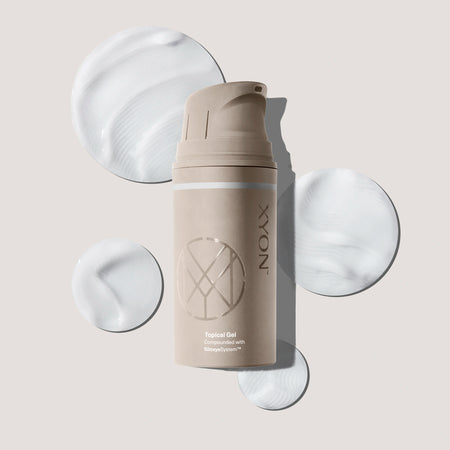
Finasteride + minoxidil, now available for women.
Treat female hair loss with two clinically proven solutions. Our experts are here to help you navigate hair regrowth.
In addition to the type of treatment, you also have a choice in terms of the format of hair loss treatment. Talk to your doctor about whether topical or oral options would be appropriate in your case. The FDA and Health Canada have currently approved topical minoxidil at a strength of 5% for the treatment of female pattern hair loss. This is the most well-studied treatment option for menopausal hair loss patients. Topical 5% minoxidil can be purchased over the counter, but all other pharmaceutical treatments will require a physician’s prescription or facilitation (e.g., hair transplant surgery and some types of minimally invasive therapies such as platelet-rich plasma). The best treatment for you should ideally strike a balance between efficacy and safety.
Does HRT help with hair loss during menopause?
This is an excellent question. If changing hormone levels are behind most of the symptoms of menopause, including hair loss, does hormone replacement therapy (HRT) have a role in its management? Estrogen therapy, either on its own or as a combined oral contraceptive has been theorized to be effective in combating the effects of menopause hair loss, but there have been no definitive trials exploring this therapy.
Synthetic estrogen and progesterone may help increase enzyme activity in the hair follicles to help divert the production of androgen hormones into other hormones. They may also help increase levels of a substance called sex-hormone-binding globulin, which helps reduce androgen effects and prevent androgen production (Brough and Torgerson, 2017). All these mechanisms can help lower androgen levels and protect hair follicles.
However, there are some important safety considerations when it comes to the use of hormonal therapy and menopausal patients. Estrogen therapy has been associated with an increased risk of dementia, stroke, and certain endometrial and breast cancers (NIH). Because of these risks, we recommend that women consult with their doctors to determine if they are candidates for HRT to manage the symptoms associated with menopause. As it stands, HRT is not considered a main treatment strategy for female pattern hair loss.
Menopause and hair loss: Takeaway
We understand that hair loss during menopause presents an emotional challenge to countless women. The relative increase of androgen hormones during this stage of life contributes to the development of thinning hair, which can erode self-confidence and a sense of one’s identity. Fortunately, this is a condition that can be managed, provided it is identified promptly.
